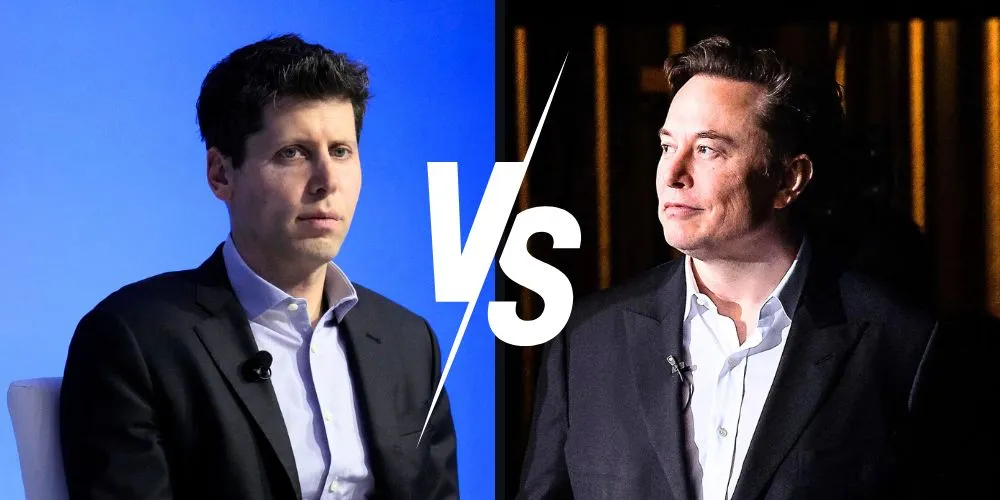Key Points
- OpenAI urges the court to include its countersuit against Musk in the current expedited trial.
- The countersuit alleges that Musk engaged in fraudulent business practices under California law.
- A $97.4 billion takeover bid led by Musk was called a “sham” by OpenAI. Musk initially sued OpenAI for abandoning its nonprofit mission.
- OpenAI claims Musk has engaged in a pattern of harassment. Despite governance changes at OpenAI, Musk will continue his lawsuit.
OpenAI has pushed back against Elon Musk’s attempt to dismiss its countersuit, asserting in a recent court filing that the Tesla CEO’s motion “has no grounding in facts.” The AI company is urging the court to allow its counterclaims to proceed as part of the ongoing expedited trial rather than delaying them.
The legal standoff began when Musk, who co-founded OpenAI in 2015 but later parted ways with the company, filed a lawsuit accusing OpenAI and its CEO, Sam Altman, of betraying the organization’s founding mission. Musk claimed that OpenAI had deviated from its original goal of developing artificial intelligence for the benefit of humanity and instead prioritized profit after transitioning to a for-profit model.
In response, OpenAI filed a countersuit in April, accusing Musk of engaging in fraudulent business practices under California law. The company alleged a pattern of harassment and claimed Musk attempted to manipulate media coverage through a bogus acquisition offer. According to the filing, a $97.4 billion takeover bid earlier this year, led by a Musk-backed consortium, was a “sham bid” designed to generate publicity and was leaked to the media before it even reached OpenAI’s board for review.
OpenAI also requested that the court prevent Musk from engaging in any further “unlawful and unfair action” against the company. Musk’s legal team responded by seeking to have OpenAI’s counterclaims dismissed or delayed until a later phase of the trial.
Although OpenAI recently softened its approach regarding governance by its nonprofit oversight board—potentially a concession to Musk’s original criticisms—Musk’s attorney confirmed that he still intends to press forward with his lawsuit.
The escalating legal battle highlights deeper ideological and strategic rifts between Musk and the current OpenAI leadership, raising questions about the future of AI governance, corporate missions, and tech industry accountability.





